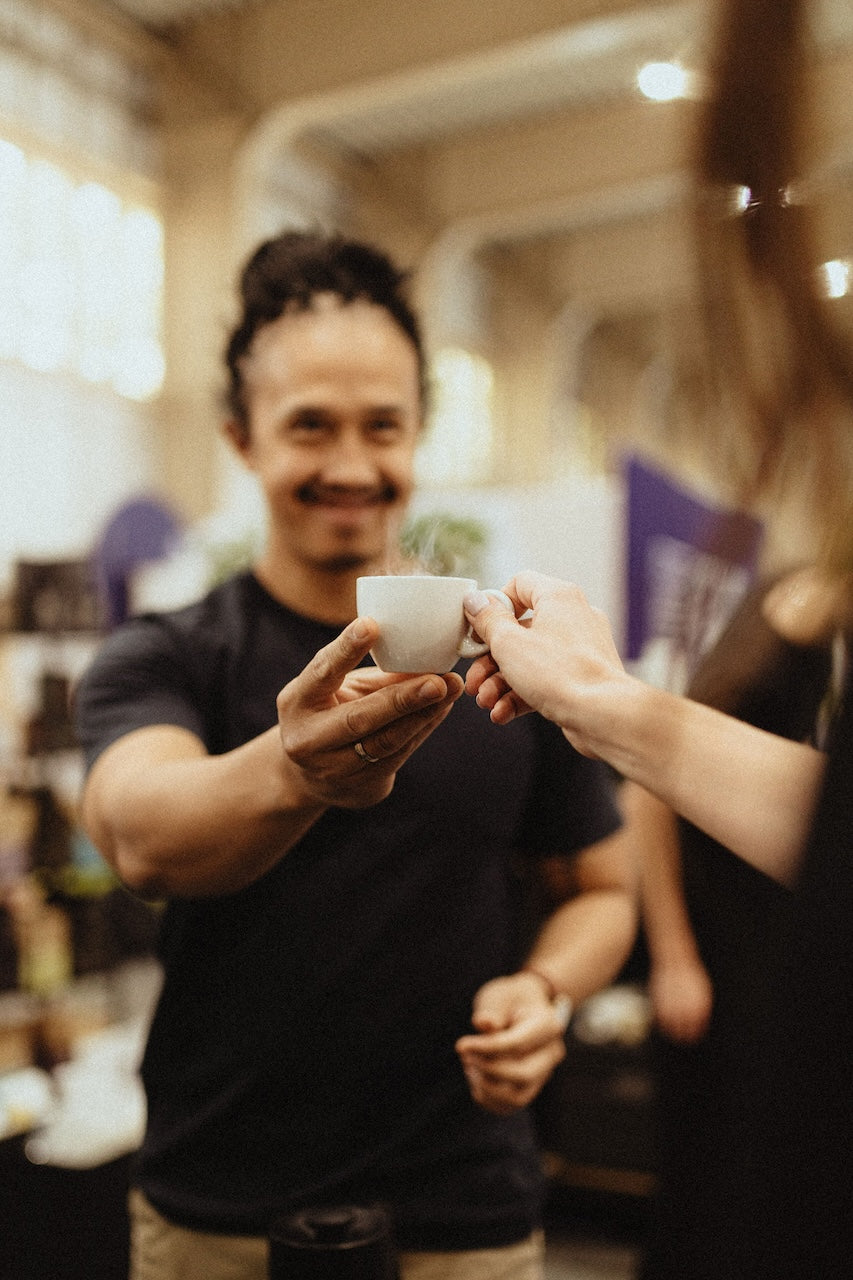Jose Recinos Diaz
Jose Alfredo Recinos Diaz and his wife, Roxana, are the owners and managers of Finca San Andres. The farm, which covers 30 hectares, was inherited from Jose's father. They started working on the land in 2007 and grow a variety of coffee, including Pacamara, Gesha, Catuai, and Pacas. The farm is named after their son, Andrés.
Both Jose and Roxana, having grown up in a coffee-producing family, have a strong foundation in good farming practices. Their hard work and dedication have been recognized through various accolades such as being among the top 25 finalists in the Cup of Excellence in 2022, a National finalist in 2019, and finalists in the 2020 Denomination Origin competition. Additionally, their Pacamara Natural lot was selected for use in the El Salvador Barista Competition by Carlos Artiga in 2022.
Jose is also involved in the BioKrop Project by Tierra Bendita. His approach to farming and philosophy has three principles: focus on quality and the production of specialty micro and nano lots through innovation; focus on agroecology through technical assistance, technology transfer, and strengthening; and agro diversification and sustainability, including water conservation.

Jose's philosophy focuses on quality, agroecology, and agro-diversification serve as his guiding principle in farming.

Pacamara
The Pacamara variety traces its origins back to a deliberate and innovative initiative by the Salvadoran Institute for Coffee Research (ISIC) in 1958. It is not a natural mutation but rather a carefully crafted hybrid resulting from the crossbreeding of Pacas and Maragogipe. By crossing these two, ISIC hoped to blend the best traits of each into one superior hybrid.
Pacas itself is a natural mutation of the renowned Bourbon variety. It’s a compact, high-yielding tree known for its complex flavour and hearty disease resistance. Maragogipe, on the other hand, is a mutation of the Typica variety, known for its large beans and an aromatic, tea-like brew.
While it delivers a complex flavor, Pacamara plants are actually quite delicate. They are highly susceptible to leaf rust disease, and the dwarf trees can be unstable, with varying traits from one generation to the next. Some farmers struggle with the challenges of cultivating Pacamara, as it requires extra care and maintenance. But for those who can nurture these temperamental trees, the payoff can be substantial. A bag of Pacamara coffee beans often sells for 3-5 times the price of regular coffee beans.
Although Pacamara originates from El Salvador, it has been distributed to coffee farmers across Latin America who were interested in growing this new hybrid. Today, in addition to El Salvador, Pacamara is also cultivated in the highlands of Guatemala, Costa Rica, and Colombia. Wherever it’s cultivated, Pacamara does best in cooler climates.









